Collaboration is Key: How Working with Others Can Help Strengthen Your Personal Brand
Compliance work, with its varied and sometimes conflicting duties, can seem so Herculean at times that it calls to mind the Greek myth of the Hydra, a monster with many heads. Cut off one head and two more emerge. A compliance officer must have a thick skin, composure, and an ability to read people and deal with big egos to manage the Hydra. All of this leads to the necessity of the compliance officer to foster collaboration among all these varied personalities if they want to succeed.
Many of us are analytical by nature, which is important, but relationships and communication skills are what make a good compliance officer great. A compliance officer who can develop and master a project plan so that the work is high quality and completed on time will earn influence. Extraordinary compliance officers are business leaders, strategists, and project managers; they are influencers that can get things done.
So much of what we do relies on our collaboration with others. In the absence of good relationships, a compliance officer will have less influence and more difficulty getting the job done. Collaboration is built on relationships of trust, perceived value and need; without these, a compliance officer will not have the influence needed to effectively do their job.
When strong relationships have been forged, the burden that can come from being the gatekeeper on behalf of regulators can be lessened. In a position that often requires the delivery of costly or negative news, those relationships will be crucial in how those conversations play out and how solutions are determined. Just like a psychoanalyst, compliance officers should understand the personalities they’re dealing with, listening—and almost mirroring their language and preferences—to build a relationship.
Ultimately, if you work to establish relationships built on trust and a culture of compliance – or sustainable governance – you can advance your personal brand and career development. In playing the role of a trusted advisor, you can make a difference in the company’s bottom line which will establish you has a leader who understands his or her impact on the rest of the organization. Instead of just thinking about technical requirements, answering the questions asked, or putting out the latest fire, the successful compliance officer is improving productivity, processes, and performance.
Make relationships a priority. When you do, your effectiveness as a compliance officer will dramatically increase and so will your success.
To find out more ways you can deliver for your team, take my assessment: https://warburtonadvisers.com/assessment/

